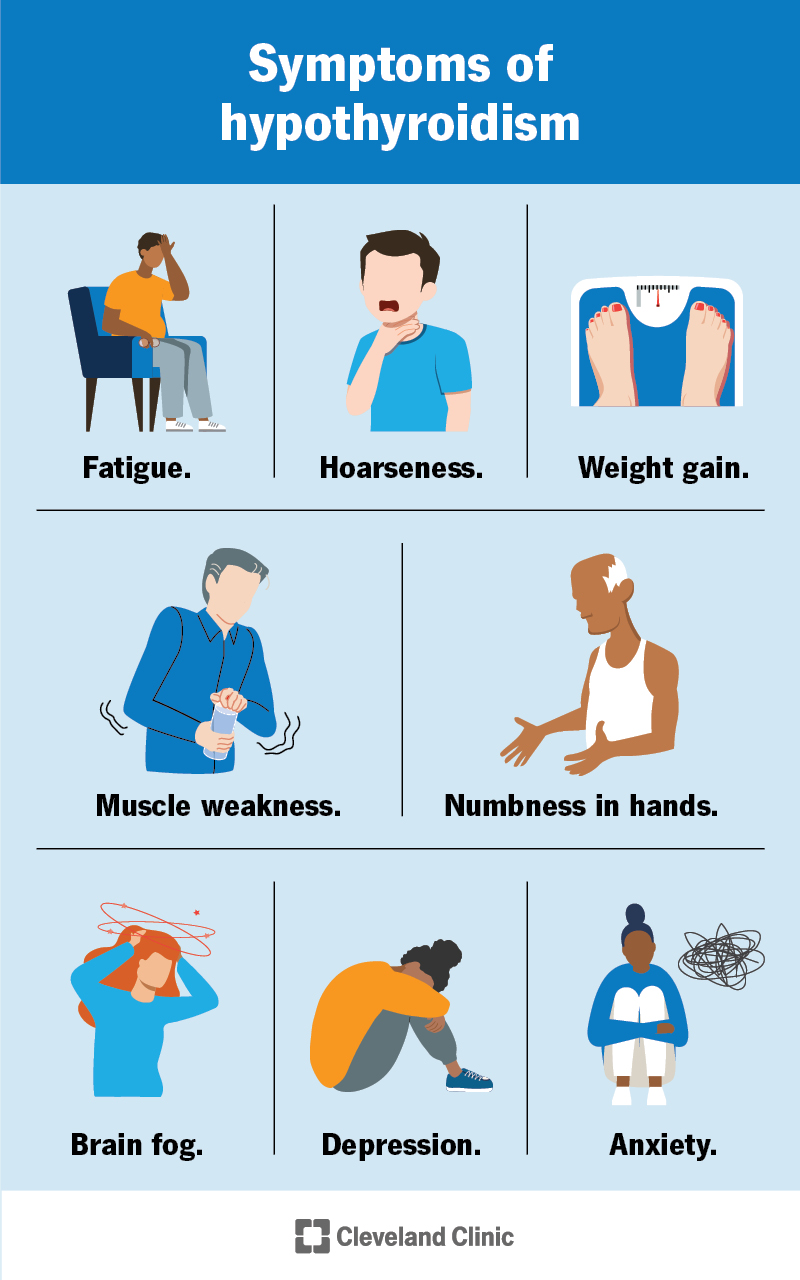Weight gain can be frustrating. Could it be your thyroid?
Understanding weight gain is complex. Many factors can contribute to it. One possible cause is thyroid dysfunction. The thyroid gland, located in the neck, produces hormones that regulate metabolism. When it doesn’t work properly, your metabolism can slow down. This can lead to weight gain.
Recognizing thyroid-related weight gain is important. It can help you seek proper treatment. In this blog, we’ll explore the signs and symptoms of thyroid-related weight gain. We’ll also discuss how to diagnose and manage it. By the end, you’ll have a clearer idea if your weight gain is due to thyroid issues. Stay tuned to learn more about this important health topic.
Thyroid And Weight Gain
The thyroid gland makes hormones. These hormones control how your body uses energy. The thyroid affects many parts of the body. It helps with heart rate and body temperature.
A healthy thyroid keeps your metabolism steady. Metabolism is how your body changes food into energy. If the thyroid does not work well, metabolism slows down. This can cause weight gain. Slow metabolism means you burn fewer calories. More calories turn into fat.
Common Symptoms
Feeling tired all the time? This could be fatigue from thyroid problems. Hard to get through the day? It might be more than just being tired. Many people with thyroid issues struggle to stay awake. Sleep does not help much. Even with good sleep, they feel tired.
Always feeling cold? It could be cold sensitivity from thyroid issues. Wearing layers even in warm weather? This might be a sign. Many with thyroid problems feel cold all the time. It’s not just about the weather. It’s about your body’s response.
Weight Gain Patterns
Weight gain can be a slow process. A gradual increase in weight is common. Thyroid issues might be the cause. Thyroid problems can slow metabolism. This leads to weight gain over time. Notice if clothes fit tighter. Pay attention to energy levels. Feeling tired often? It could be a sign. Gradual weight gain is subtle. Track your weight regularly. Watch for slow but steady changes. Small increases can add up. Thyroid issues need medical attention.
Weight gain without reason is concerning. Unexplained weight gain can signal thyroid trouble. No change in diet or exercise? Still gaining weight? This could be a clue. Thyroid hormones affect body weight. Low hormone levels slow metabolism. This causes weight to increase. Feel cold often? Tired for no reason? Check your thyroid. A blood test can help. Talk to a doctor. Early detection is key.
Hypothyroidism
Hypothyroidism means the thyroid gland is not working well. It does not make enough thyroid hormones. These hormones control how fast the body uses energy. When the thyroid is slow, the body slows down. This can cause weight gain. Feeling tired all the time is also common.
Hypothyroidism is common. Many people have it and do not know. It affects more women than men. The condition can happen at any age. Older adults are at higher risk. Many cases are mild and go undiagnosed. Regular check-ups can help find it early. Early treatment is important. It can prevent more problems.
Hormonal Imbalance
Thyroid hormones control many body functions. They help in metabolism and energy use. Thyroid imbalance can lead to weight gain. It is often due to hypothyroidism. This means the thyroid produces fewer hormones.
People feel tired and cold. They may also have dry skin and hair. These are signs of low thyroid hormones. Weight gain is common in this condition. The body stores more fat.
A doctor can check your thyroid levels. Blood tests measure TSH, T3, and T4 hormones. If levels are low, it confirms a thyroid issue. Treatment usually involves medication. This helps balance hormone levels.

Credit: my.clevelandclinic.org
Medical Diagnosis
Doctors often use blood tests to check thyroid function. These tests measure hormone levels. High or low levels can indicate thyroid issues. TSH, T3, and T4 are the main hormones checked. Abnormal levels might cause weight gain. Early diagnosis helps in managing symptoms better.
An ultrasound helps in examining the thyroid gland. This test creates images of the thyroid. It checks for nodules or enlargement. These issues might affect thyroid function. A detailed scan provides crucial information. It helps in forming a treatment plan. Regular check-ups ensure better health management.
Treatment Options
Doctors often prescribe thyroid hormone replacement. This helps balance hormone levels. Regular check-ups are needed. Dosage might change over time. Medication can improve symptoms. Weight gain may reduce gradually.
Healthy eating is important. Choose foods rich in nutrients. Avoid high-sugar and high-fat foods. Exercise regularly. Physical activity boosts metabolism. It also helps manage weight. Stress management is crucial. High stress can worsen symptoms. Practice relaxation techniques. Sleep well. Good sleep supports overall health.

Credit: www.mdanderson.org
Preventive Measures
Eating a balanced diet is important. Include fruits, vegetables, and whole grains. Avoid processed foods and sugary drinks. Drink plenty of water. Keep portions small. Eating more frequently can help. Choose healthy snacks like nuts or yogurt. Avoid heavy meals late at night.
Visit your doctor regularly. Get your thyroid levels checked. Early detection is key. Follow your doctor’s advice. Take medications as prescribed. Keep a record of your symptoms. Discuss any changes with your doctor. Regular check-ups can prevent complications.
:max_bytes(150000):strip_icc()/hypothyroidism-leptin-rt3-weight-gain-3233049_final-4be61734de17488db0529704545f6b98.jpg)
Credit: www.verywellhealth.com
Frequently Asked Questions
What Are The Symptoms Of Thyroid Weight Gain?
Symptoms of thyroid weight gain include fatigue, depression, dry skin, hair loss, constipation, and feeling cold. Weight gain is a common sign.
What Is The Thyroid Belly Shape?
The thyroid belly shape refers to abdominal weight gain caused by an underactive thyroid. It often appears as a bloated, rounded stomach.
What Are Signs That Your Thyroid Is Out Of Whack?
Signs of thyroid issues include fatigue, weight changes, mood swings, hair loss, and irregular heartbeats. Consult a doctor for diagnosis.
How Can I Check My Thyroid At Home?
Check your thyroid at home by feeling for lumps in your neck while swallowing, and monitor symptoms like fatigue and weight changes.
Conclusion
Understanding thyroid-related weight gain is essential for your health. Recognize common symptoms like fatigue and swelling. Consult a doctor for accurate diagnosis. Regular thyroid tests can help monitor your condition. Proper treatment and lifestyle changes manage weight effectively. Maintain a balanced diet and exercise routine.
Stay informed and proactive about your thyroid health. A healthier you starts with knowledge and action.









